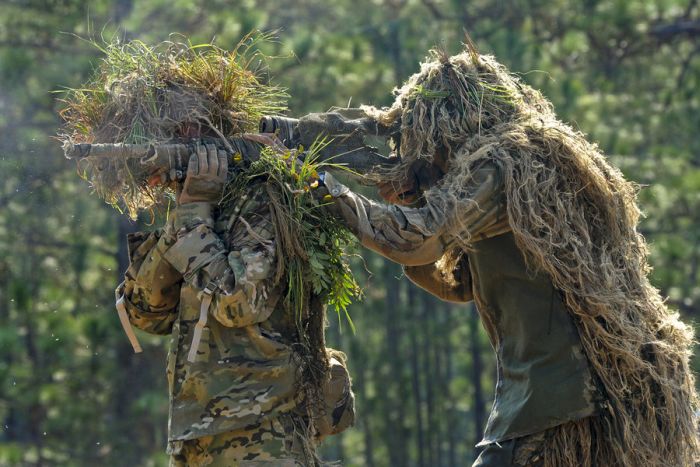|
|
Military Forces
|
Either because of the cultural memory, national history, or the potentiality of a military threat, the militarist argument asserts that a civilian population is dependent upon, and thereby subservient to the needs and goals of its military for continued independence. Militarism is sometimes contrasted with the concepts of comprehensive national power, soft power and hard power.
Most nations have separate military laws which regulate conduct in war and during peacetime. An early exponent was Hugo Grotius, whose Rights of War and Peace (1625) had a major impact of the humanitarian approach to warfare development. His theme was echoed by Gustavus Adolphus.
Ethics of warfare have developed since 1945 to create constraints on the military treatment of prisoners and civilians primarily by the Geneva Conventions, but rarely apply to use of the military forces as internal security troops during times of political conflict that results in popular protests and incitement to popular uprising.
International protocols restrict the use, or have even created international bans on weapons, notably weapons of mass destruction. International conventions define what constitutes a war crime and provides for war crimes prosecution. Individual countries also have elaborate codes of military justice, an example being the United States' Uniform Code of Military Justice that can lead to court martial for military personnel found guilty of war crimes.
|
|









